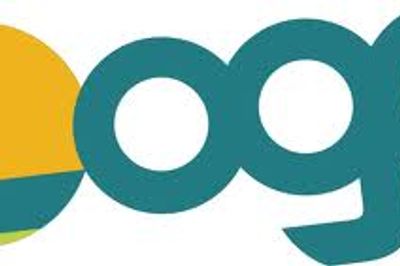A recent event hosted by the American Advertising Federation and the Brooks Fund featured discussions on how diversity is becoming an increasingly important part of advertising strategy.
The luncheon at Maggiano's Nashville Oct. 20included speeches from executives at MTV and Bridgestone, and offered ample evidence that advertising specifically designed for the GLBT community is a smart investment.
Logo, part of the MTV Network, became the first cable network for the GLBT audience upon its inception in 2005. Senior Vice President of Integrated Marketing Mark McIntire braced for a backlash when the network first began.
"When you ride the creative edge, you expect some reaction," he said. "But when you look across pop culture, there's such a mixture (of people). The reaction has been very positive. There are obviously some pockets that are not as far along as where we would like them to be, but I'm optimistic about that changing."
Though the focus of Logo is largely on the adult population, the network has found ways to delicately handle the difficult subject of teen suicide.
"We were worried at first about being accused of 'recruiting' kids," McIntire admits. "Our network is more for adults. We do support a lot of parent causes. One thing we have developed is a campaign against bullying. We're hoping with our relationship with Lady Gaga that we can work on a project
Bridgestone has been a leader in its industry by targeting the Hispanic, African American and GLBT audiences in advertising campaigns.Michael Fluck, Director of Brand and Retail Marketing, says that the first advertising efforts for the GLBT community might have been well-intentioned, but often lacked a distinctive look.
"In the early going, we weren't doing as much custom creative. We had to recycle a lot of old images," Fluck says.
Now that Bridgestone's campaigns have progressed, the number of people expressing their displeasure has dissipated.
"When we started, we got a lot of emails from the American Family Association, but after a while they stopped," Fluck says. "I would say we had four or five times more positive emails than negative emails. We get just as many emails about mainstream ads."
